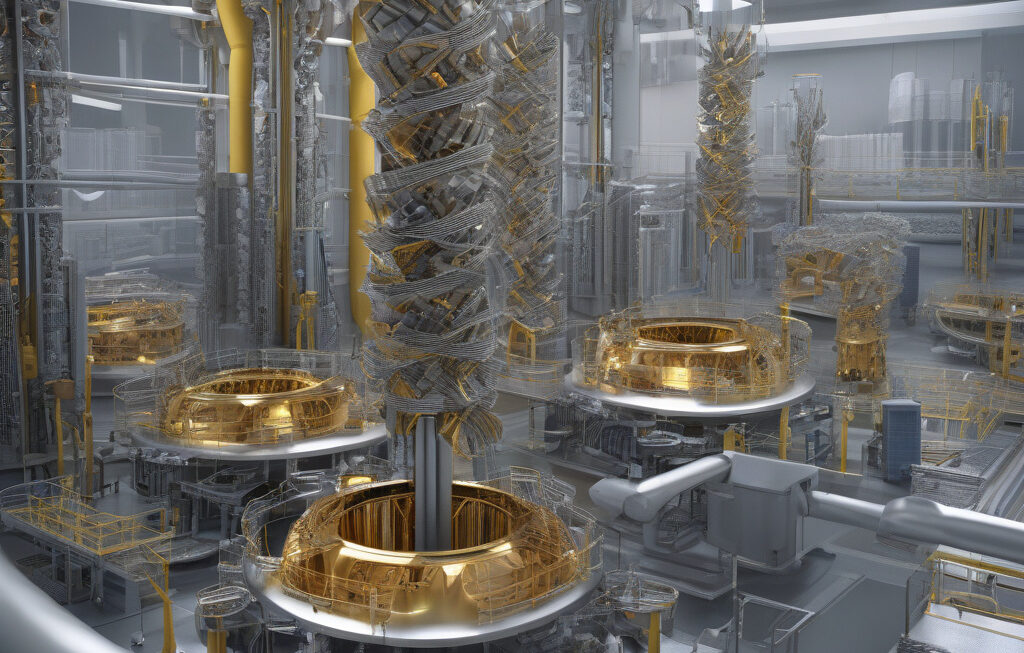Hydrogen-Powered Vehicles Get Boost from Japan’s 90°C Battery Breakthrough
Researchers at the Institute of Science, Tokyo, in Japan, have announced a breakthrough in hydrogen-powered vehicles that could revolutionize the automotive industry. By developing a new battery that operates at 90°C, these scientists have unlocked a wave of possibilities for the widespread adoption of fuel cell electric vehicles (FCEVs). This innovative technology not only enhances the efficiency and performance of FCEVs but also addresses key challenges that have hindered their mainstream popularity.
One of the primary obstacles for FCEVs has been the high cost and limited availability of hydrogen refueling stations. However, with this groundbreaking advancement in battery technology, the infrastructure required for these vehicles could become more feasible and cost-effective to implement. By utilizing a battery that operates at 90°C, researchers have significantly reduced the energy consumption of hydrogen production, making it a more sustainable and accessible option for fueling FCEVs.
Moreover, the increased efficiency of these batteries translates to improved range and performance for hydrogen-powered vehicles. With traditional fuel cell systems, the process of converting hydrogen into electricity generates heat as a byproduct, which can reduce overall efficiency. By operating at a higher temperature, the new battery design minimizes these energy losses, allowing FCEVs to travel longer distances on a single tank of hydrogen.
In addition to the practical advantages of this technology, the environmental benefits are also noteworthy. Hydrogen is a clean and renewable energy source that produces zero emissions when used in fuel cells. By enhancing the efficiency of hydrogen production and utilization, these new batteries pave the way for a more sustainable transportation sector that reduces greenhouse gas emissions and mitigates climate change.
Furthermore, the implications of Japan’s battery breakthrough extend beyond the automotive industry. As the world seeks innovative solutions to decarbonize various sectors, hydrogen has emerged as a promising alternative to fossil fuels. By investing in research and development for hydrogen-powered technologies, countries can accelerate the transition to a low-carbon economy and achieve their climate goals.
The progress made by the Institute of Science in Tokyo underscores the importance of continuous innovation in driving sustainable development. By pushing the boundaries of existing technology and exploring new possibilities, researchers can unlock transformative solutions that reshape industries and pave the way for a greener future. As the demand for clean energy continues to grow, breakthroughs like the 90°C battery serve as a testament to the power of human ingenuity in creating a more sustainable world.
In conclusion, Japan’s recent advancement in hydrogen-powered vehicles through the development of a 90°C battery marks a significant milestone in the transition towards a cleaner and more efficient transportation system. By overcoming key challenges and enhancing the performance of FCEVs, this breakthrough has the potential to accelerate the adoption of hydrogen technologies on a global scale. As countries worldwide strive to reduce their carbon footprint and embrace sustainable practices, innovations in clean energy such as this will play a crucial role in shaping a more environmentally friendly future.
hydrogen, FCEV, sustainability, innovation, climatechange











